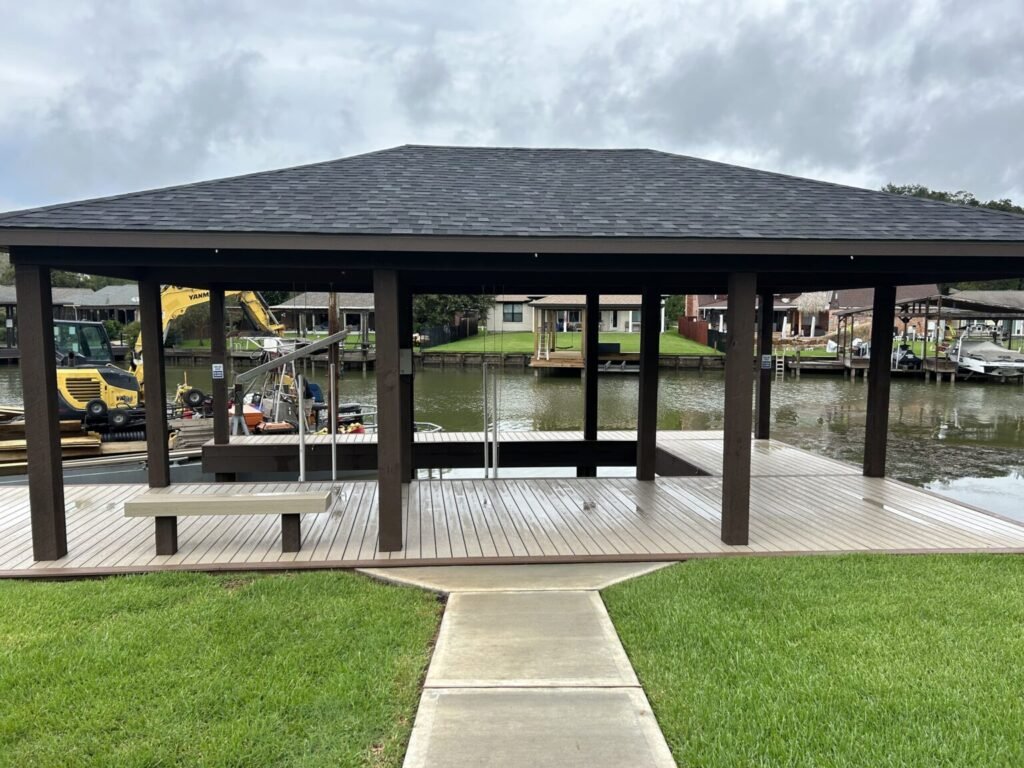As maritime activities continue to expand, the need for efficient and reliable docking services has become paramount. Docking services play a critical role in ensuring that ships and boats can be securely moored, maintained, and serviced. This blog delves into the intricacies of docking services, their importance, and the various types available to meet the diverse needs of the maritime industry.
Understanding Docking Services
Docking services encompass a range of activities designed to assist vessels in safely mooring at ports, harbors, or marinas. These services are essential for both commercial and recreational vessels, ensuring they can dock securely, receive necessary maintenance, and embark or disembark passengers and cargo efficiently.
The Importance of Docking Services
Ensuring Safety and Security
One of the primary functions of docking services is to ensure the safety and security of vessels. Proper docking techniques and equipment prevent accidents, damage to ships, and potential harm to crew members and passengers. By providing secure mooring, docking services help protect valuable maritime assets and contribute to the overall safety of port operations.
Facilitating Efficient Port Operations
Efficient docking services are vital for the smooth functioning of ports and harbors. They enable the quick turnaround of vessels, minimizing downtime and enhancing the productivity of maritime logistics. This efficiency is crucial for maintaining the flow of goods and passengers, which in turn supports global trade and economic growth.
Supporting Vessel Maintenance
Regular maintenance is essential for the longevity and performance of any vessel. Docking services often include provisions for maintenance activities, such as hull cleaning, repairs, and inspections. By facilitating access to these services, docking solutions help ensure that vessels remain in optimal condition, reducing the risk of breakdowns and extending their operational lifespan.
Types of Docking Services
Dry Docking
Dry docking is a process where a vessel is brought into a specialized dock that can be drained of water, allowing the ship to rest on a dry platform. This type of docking is essential for extensive maintenance and repair work, as it provides complete access to the vessel’s hull and other underwater components. Dry docks are typically used for larger ships, such as cargo vessels, cruise ships, and military vessels.
Wet Docking
Unlike dry docking, wet docking involves keeping the vessel afloat while it is moored for maintenance or other services. Wet docks are equipped with facilities to perform routine maintenance, refueling, and minor repairs. This type of docking is commonly used for smaller vessels or when only minor work is required that does not necessitate dry docking.
Floating Docking
Floating docks are versatile structures that can be submerged to allow a vessel to float in and then raised to lift the vessel out of the water. These docks are particularly useful for medium-sized vessels and provide a flexible solution for maintenance and repair work without the need for a permanent dry dock structure.
Marina Services
Marinas cater primarily to recreational boats and yachts, offering a range of docking services tailored to smaller vessels. These services include mooring, refueling, waste disposal, and access to amenities such as water and electricity. Marinas play a crucial role in supporting the leisure boating industry by providing safe and convenient docking options for boat owners.
Challenges in Docking Services
Environmental Concerns
Docking activities can have significant environmental impacts, including the potential for oil spills, pollution from vessel discharges, and habitat disruption. Effective docking services must incorporate measures to mitigate these impacts, such as using environmentally friendly mooring systems, implementing waste management protocols, and conducting regular environmental monitoring.
Technological Advancements
The maritime industry is continually evolving, with new technologies being developed to enhance docking services. These advancements include automated mooring systems, real-time monitoring of docking operations, and the use of drones for inspections and maintenance tasks. Keeping pace with these innovations is crucial for maintaining efficient and effective docking services.
Regulatory Compliance
Docking services must adhere to a range of regulations and standards set by maritime authorities and international organizations. These regulations cover aspects such as safety procedures, environmental protection, and operational efficiency. Compliance with these standards is essential for ensuring that docking services meet the necessary legal and safety requirements.

The Future of Docking Services
The future of docking services is likely to be shaped by continued technological advancements and a greater emphasis on sustainability. Emerging technologies such as autonomous vessels and advanced robotics have the potential to revolutionize docking operations, making them more efficient and safer. Additionally, the focus on green docking practices will drive the development of new, environmentally friendly solutions.
Autonomous Vessels
Autonomous vessels, which operate without human intervention, are set to transform maritime operations, including docking services. These vessels use advanced navigation systems and artificial intelligence to maneuver and dock themselves, potentially reducing the risk of human error and increasing the efficiency of docking processes.
Advanced Robotics
The use of robotics in docking services is another promising development. Robots can perform tasks such as hull inspections, cleaning, and repairs with precision and efficiency. These robotic systems can operate in challenging environments, reducing the need for human divers and enhancing safety.
Sustainability and Environmental Responsibility
The push for sustainability in the maritime industry is driving the adoption of greener docking practices. This includes the use of renewable energy sources, such as solar and wind power, to operate docking facilities, as well as the implementation of measures to protect marine ecosystems. Sustainable docking services not only help preserve the environment but also contribute to the long-term viability of the maritime industry.
Conclusion
Docking services are a vital component of the maritime industry, ensuring the safe, efficient, and sustainable operation of vessels. From traditional dry and wet docking to innovative automated and smart docking solutions, these services continue to evolve to meet the demands of modern maritime activities. As technology advances and environmental considerations become increasingly important, the future of docking services promises to bring even greater efficiency, safety, and sustainability to the world of maritime operations.

